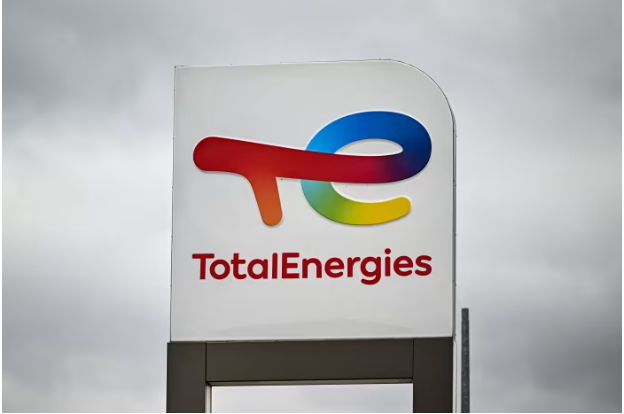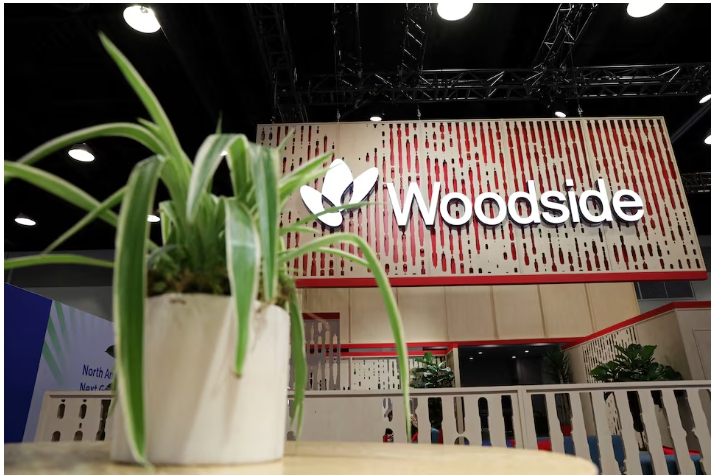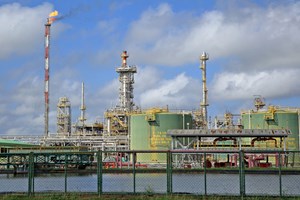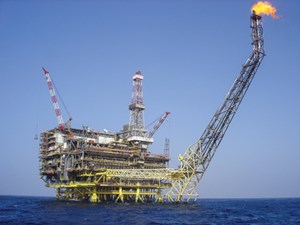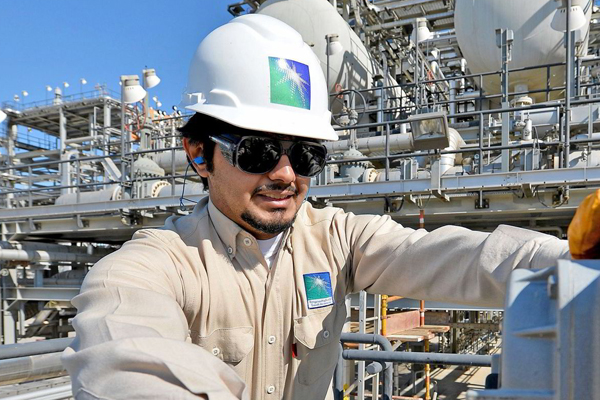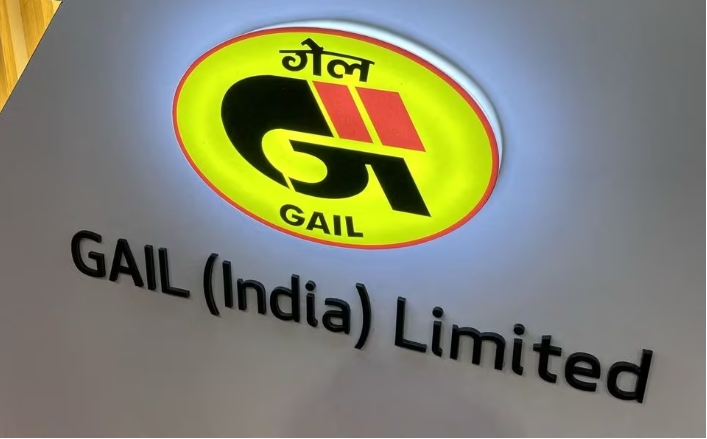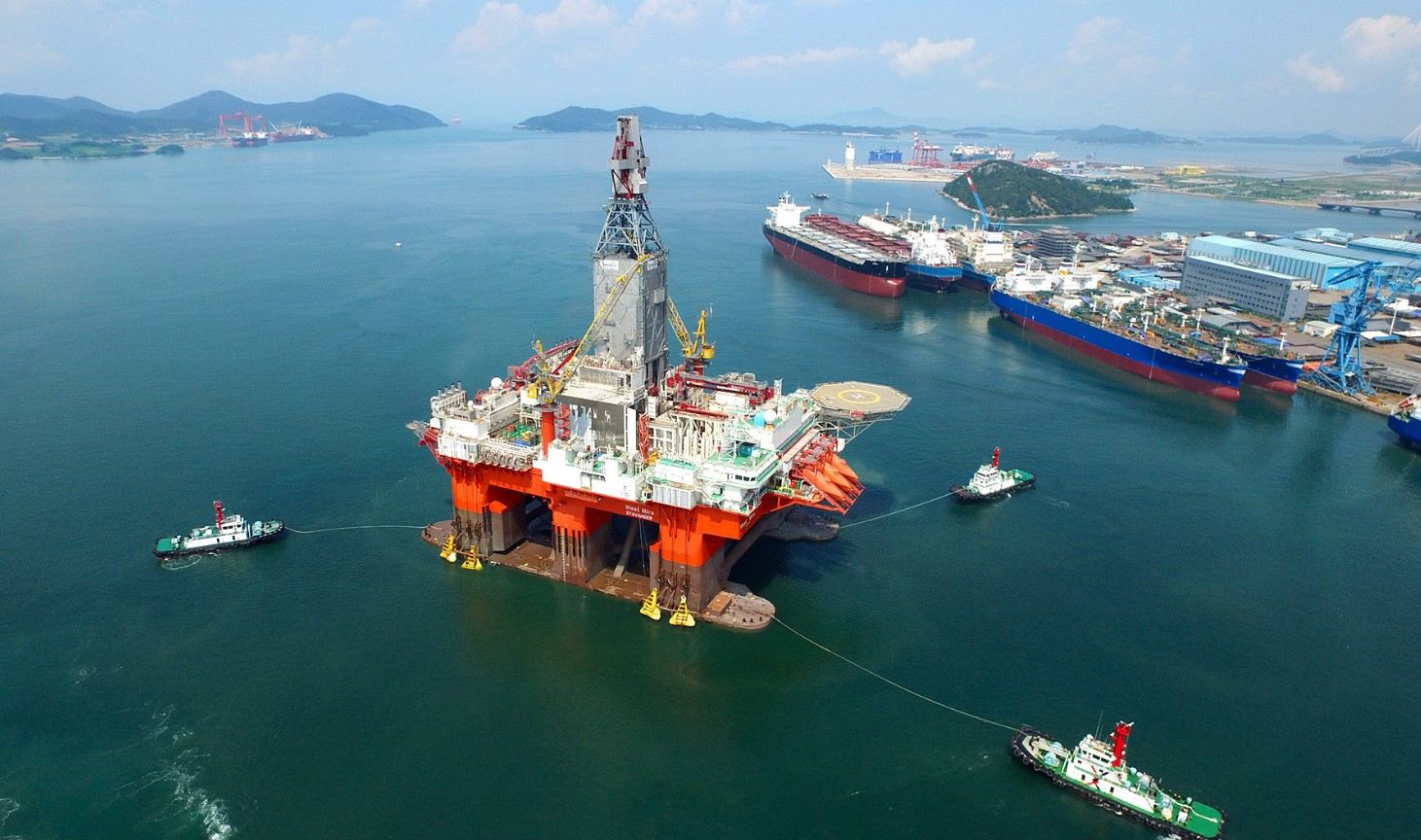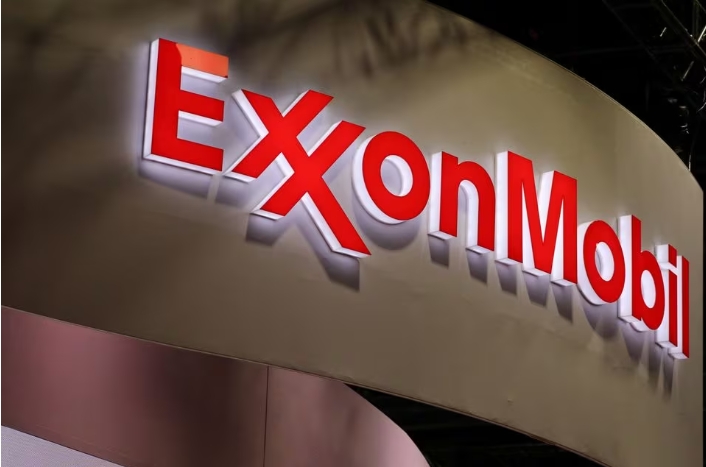U.S. President Joe Biden and South Korean President Moon Jae-in released a joint statement on May 21 and declared that they would cooperate in the global nuclear power generation market.
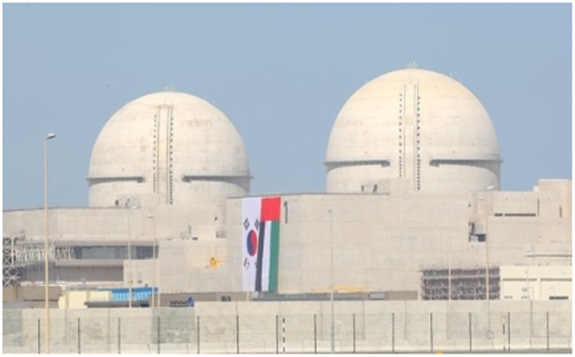 Barakah Nuclear Power Plant in the United Arab Emirates
Barakah Nuclear Power Plant in the United Arab Emirates
The declaration is based on the same interests the two countries share in the industry. South Korea is second to none in the world when it comes to nuclear power plant construction and operation, and yet the industry of South Korea is about to collapse due to the Moon Jae-in administration’s anti-nuclear power policy. Under the circumstances, the South Korean government is trying to export more nuclear power plants in order to prevent the collapse.
Cooperation with the United States can lead to a higher level of competitiveness in the global market, where it is competing fiercely with China, Russia, France, etc. According to industry sources, the United Kingdom, Saudi Arabia, Poland and the Czech Republic are currently planning to build new nuclear power plants in their territories.
The United States’ aim is to regain its title as an industry leader. These days, it is China and Russia that are winning most new contracts in the industry and the U.S. players including Westinghouse and GE are striving to increase their presence by collaborating with U.S. allies. “The U.S. companies have original technologies and techniques in the field of nuclear power plant design and so on and South Korea excels in the field of construction and equipment, which means their cooperation will be beneficial to both,” said an industry source, adding, “Also, by working with South Korea in the industry, the United States can keep in check China and Russia, which are strengthening their partnership in the industry.”
The cooperation of South Korea and the United States is expected to cover small modular reactors, which are currently the most advanced form of nuclear power generation. An SMR’s capacity is about 10 percent of that of a conventional nuclear power plant, and yet the former is much more utilizable and safer based on its whole new design concept.
Some point out that it is hard to predict the actual benefits of the joint statement in that it is to establish a broad principle for future cooperation and where and how to cooperate are yet to be clarified. In addition, the collaboration may take the form of South Korea taking part as a supply chain component with the United States leading nuclear power plant construction.
“As of now, the most likely form of their cooperation is jointly winning a contract for two plants in Saudi Arabia, which will not actually take place until 2025,” said professor Joo Han-kyu at the Nuclear Engineering Department of Seoul National University, adding, “This means the nuclear power industry of South Korea will have to struggle for a while, policies are necessary for the industry to be able to maintain its competitiveness in that period, and the South Korean government’s current policy needs to be changed to that end.”
